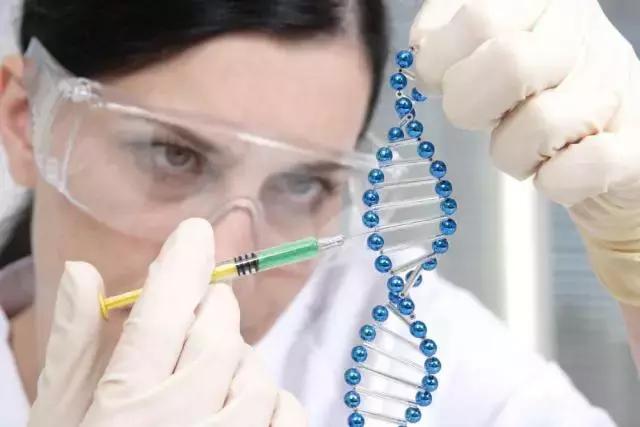醫生稱網紅咖啡患癌原因是基因問題,這意味著該患者的癌癥與其飲用咖啡沒有直接關系,而是與其基因有關。基因缺陷可能導致身體對致癌物質更為敏感,從而增加患癌風險。這一發現提醒人們,癌癥的發生是多因素綜合作用的結果,包括遺傳、環境和生活方式等。預防癌癥需要綜合考慮多種因素,而不是簡單地避免某種食物或飲品。
Title: The Role of Genetic Factors in Cancer Risk: The Case of Popular Coffee Brands under Examination by Doctors
Recent reports have sparked a widespread debate on the potential role of genetic factors in the development of cancer, particularly in relation to popular coffee brands. Doctors have recently claimed that a particular type of coffee, which has gained significant popularity among the masses, could be linked to cancer due to genetic issues. This article explores the concept of genetic risk in cancer development and how data-driven strategies are employed to address such concerns.
In our modern era, coffee has become a ubiquitous part of our daily lives, with millions of people worldwide enjoying its rich flavor and invigorating effects. However, recent studies have indicated that some individuals may face an increased risk of developing certain cancers due to genetic factors, even when consuming what are considered healthy products like coffee. Doctors have raised concerns about a specific type of coffee, known as "網紅咖啡" in China, which has gained significant popularity among the masses.
Genetic factors play a crucial role in determining an individual's risk of developing various diseases, including cancer. The human genome is complex and vast, with numerous genes that can influence our health and well-being. When it comes to cancer development, genetic mutations can play a significant role, possibly leading to the development of specific cancers even with similar environmental exposures.
In the case of the popular coffee brands under scrutiny, doctors have suggested that genetic factors could be playing a role in the development of cancer among those who consume these products. This claim is supported by data-driven strategies that analyze genetic information in conjunction with environmental factors to identify potential risks. Data-oriented approaches provide valuable insights that help researchers understand the interplay between genetics and environmental factors in disease development.
Data-driven strategies involve collecting vast amounts of data on individuals, including their genetic information, environmental exposures, and health status. By analyzing these data sets, researchers can identify patterns and trends that help them understand the role of genetic factors in disease development. In the case of the popular coffee brands, researchers may analyze genetic data from individuals who have developed cancer after consuming these products to identify any specific genetic markers or mutations that could be linked to cancer development.
The findings from such studies could help develop targeted strategies to reduce the risk of cancer among individuals with specific genetic markers. For instance, if researchers find that certain genetic markers are linked to an increased risk of developing cancer after consuming certain products, they could recommend lifestyle modifications or other interventions to reduce the risk among those who are genetically predisposed.
However, it's crucial to note that such findings should be viewed with caution and not used as a basis for panic or fearmongering. Genetic factors play a complex role in disease development, and it's essential to consider all environmental and genetic factors together when making health decisions. Furthermore, more research is needed to validate any claims about the role of genetic factors in cancer development related to popular coffee brands.
In conclusion, the role of genetic factors in cancer development is an area of active research and exploration. The case of popular coffee brands under examination by doctors highlights the importance of considering genetic factors when evaluating health risks. Data-driven strategies provide valuable insights that help researchers understand the interplay between genetics and environmental factors, leading to more targeted strategies for reducing cancer risk among individuals with specific genetic markers.












 魯ICP備18003477號-1
魯ICP備18003477號-1 魯ICP備18003477號-1
魯ICP備18003477號-1
還沒有評論,來說兩句吧...